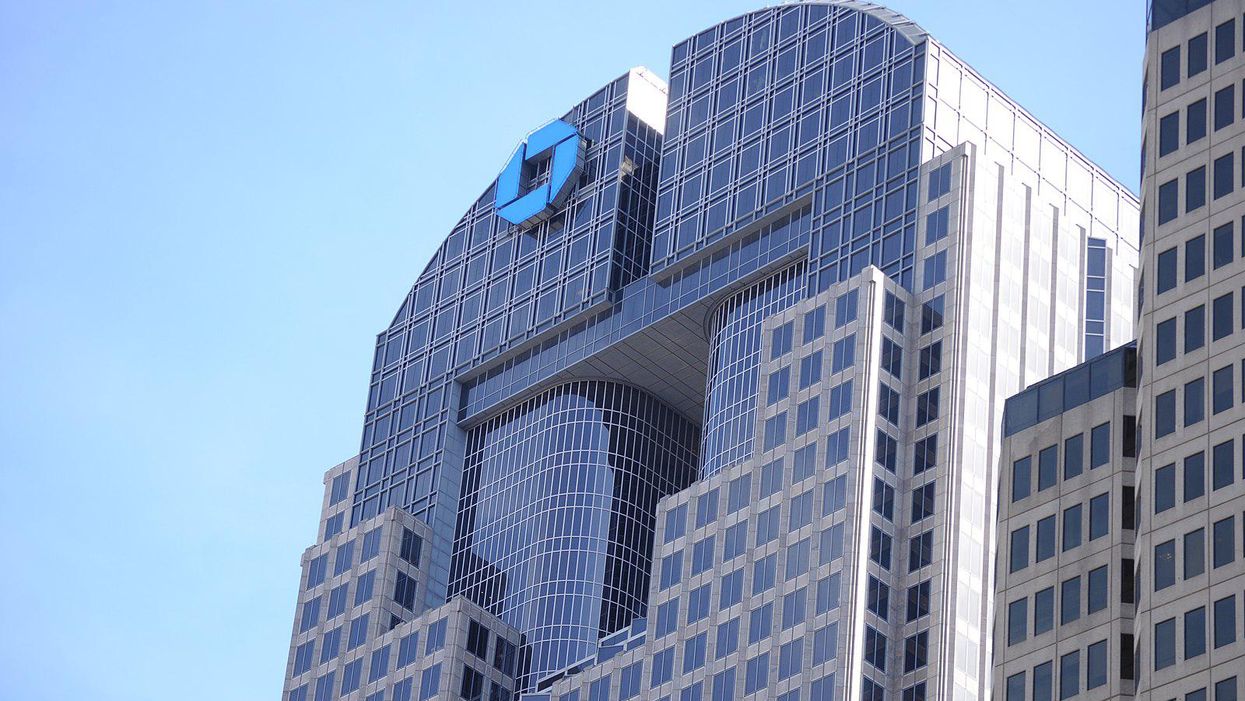As Markets Plunge, CNN Supercut Shows Trump Warning Of Crash (Unless He Won)
President Donald Trump notably stayed away from cameras on Monday, as Wall Street experienced its worst day in years as investors react to a climate of economic uncertainty.
On Monday evening, CNN host Anderson Cooper reminded viewers that despite normally being willing to take questions from reporters in the Oval Office, Trump was "nowhere to be seen" following a "massive stock sell off that began the moment the bell rang." Cooper noted that the Dow Jones Industrial Average was "down almost 900 points," while the Nasdaq Composite "took the worst beating" of the day, down by four percent after the conclusion of trading on Monday. He also remarked that today marked the biggest single-day decline since September of 2022.
"More than an hour after markets closed, the White House did finally put out a statement touting the president's economic agenda and first term record on the economy. It didn't mention the massive drops today, nor what sparked it," Cooper said. "The culprit wasn't a poorly received report of jobs, GDP or consumer spending. as is often the case. It was what the president himself said."
Cooper then aired an excerpt of an interview the president gave to Fox Business host Maria Bartiromo, in which he waffled when she asked him if he was "expecting a recession this year."
"I hate to predict things like that. There is a period of transition because what we're doing is very big. we're bringing wealth back to America. That's a big thing," Trump said. "And there are always periods of, it takes a little time."
Cooper then noted that Trump was similarly cagey with reporters on Air Force One when they asked for clarity on what he told Bartiromo, with one reporter pointing out that he "hesitated" at the recession question.
"I tell you what, of course you hesitate. Who knows?" Trump responded. "All I know is this: We're going to take in hundreds of billions of dollars in tariffs."
Cooper contrasted Trump's tone with that of Commerce Secretary Howard Lutnick, who proclaimed in a recent interview that there was "no chance" of a recession. He observed that Trump has "no such confidence," which he said was "notable" given his recent bullish attitude after the February jobs report showed the U.S. economy adding more than 100,000 new jobs.
"Perhaps it's not surprising he didn't want to be on camera today as the markets crashed. After all, he has often tied a president's performance as a leader to the stock market," Cooper said. "During a brief dip in the markets in late October and early November, Trump blamed it on Democrats."
According to Cooper, "one line [Trump] used repeatedly throughout much of 2024" was that a Democratic victory would result in a poor economy.
"If Harris wins this election, you will quickly have a Kamala Harris economic crash," Trump said. "You're going to have a crash."
Reprinted with permission from Alternet.












